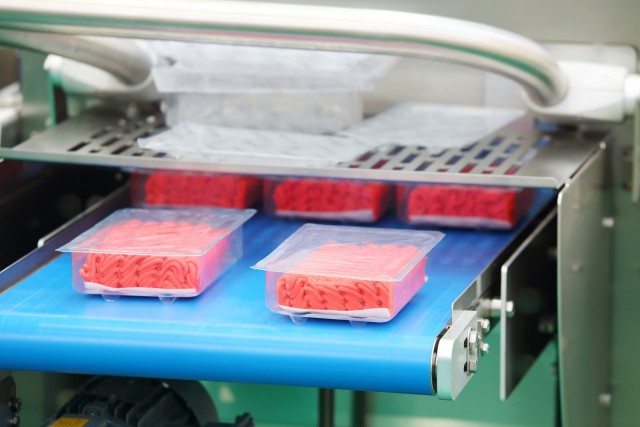The latest round of industry and European Union (EU) testing published on July 22, 2014 found no horse meat deoxyribonucleic acid (DNA) in meat products at or above the 1% reporting threshold.
Since 2013, the Food Standards Agency (FSA) has been working with the European Commission (EC) and the industry in an extensive program of testing to detect horse meat.
These tests were carried out to check that beef products on sale or supplied into the UK food-chain were accurately labelled and did not contain horse meat DNA, following the discovery of horse meat in a range of products for sale across Europe.
Industry results published
The FSA has published its fourth quarterly report of industry results from the testing of meat products for horse meat or horse DNA.
The report includes 3,395 new results for beef products, and 2,466 results for other (non-beef) meat products.
These figures include all test results submitted since the compilation of the third report, published in January 2014.
The food industry has continued to test meat products for the presence of horse meat/DNA since the previous quarterly update.
A total of 50,876 results for horse meat/DNA in meat products have been submitted by industry to the FSA since 15 February 2013.
Of these, 47 were positive samples.
No new positive results have been reported since the first quarterly report in June 2013.
Ready meals containing beef tested for undeclared horse meat
In addition to the industry testing, the UK also participated in a second round of EU-wide testing for undeclared horse meat in processed beef products.
The latest round of 150 samples were taken by 24 local authorities and found no traces of horse meat.
The majority of samples were taken in the first two weeks of the sampling period that ran from 21 April to 16 June 2014.
A range of processed beef products were tested for undeclared horse meat as part of this EU-wide survey requested by the EC.
These included ready meals containing beef, canned beef products, beef sausages, beef burgers, minced beef and beef meat balls.
Other meats found in small samples, labeling issues
Local authorities were asked to take samples from retail outlets including major and medium sized supermarkets and smaller shops and butchers.
They were also asked to sample from wholesale ‘cash and carry’ premises and manufacturers supplying retailers or mass caterers.
This included businesses supplying public institutions such as schools, prisons and hospitals.
A small number of composition/labelling issues were detected in relation to presence of other meats (not horse).
Local authority enforcement officers are taking action to address non-compliance in all these cases.










